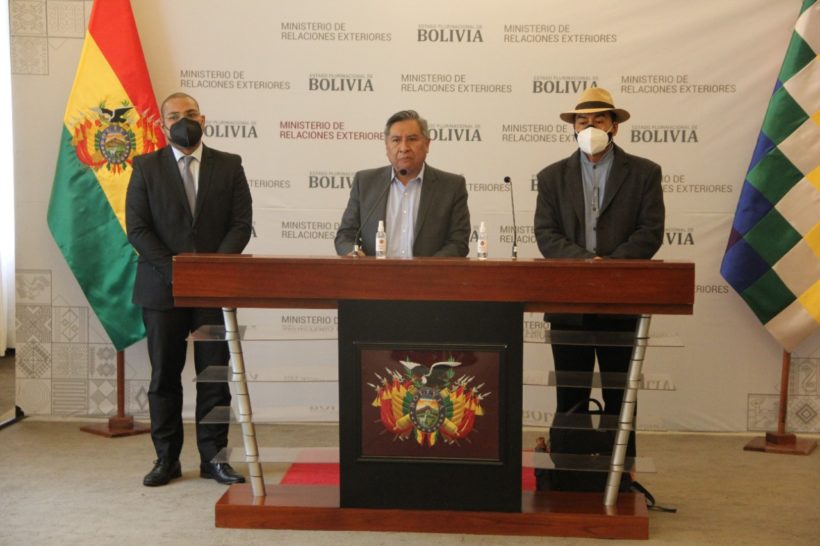The Ibero-American Institute of Indigenous Languages (IIALI) began its activities today with the aim of confronting the threats that threaten the more than 550 indigenous languages still spoken in Latin America and the Caribbean, as well as to promote their use, conserve, revitalise, promote and develop them.
The launch of this initiative took place today during the meeting of the First Intergovernmental Council of IIALI, which was attended by representatives of Bolivia, Colombia and Mexico, countries with full rights to the initiative, Ecuador, El Salvador, Guatemala, Nicaragua, Panama, Paraguay and Peru, which participate as guests, as well as the Fund for the Development of Indigenous Peoples of Latin America and the Caribbean (FILAC), the Ibero-American General Secretariat (SEGIB) and the Organisation of Ibero-American States for Education, Science and Culture (OEI).
The meeting elected by consensus the first three presidencies of this entity that will define the work of the IIALI, each for a period of two years, without immediate re-election. Bolivia, Colombia and Mexico will take it in turns to chair this governance mechanism. Bolivia will assume the presidency of IIALI from 2022 to 2024, followed by Colombia and then Mexico.
Rogelio Mayta, Minister of Foreign Affairs of the Plurinational State of Bolivia, thanked the other countries for the trust placed in his country, both for holding the first presidency and for the fact that the headquarters will remain in Bolivia.
“We are grateful for the trust placed in us, although we are clear that we are an articulation of peoples, with a vision of an inclusive world, and that whatever work and challenges we face in the future we will face them as our original peoples do: collectively, thinking of the ‘we’ rather than the individual,” said Mayta.
The United Nations General Assembly proclaimed the International Decade of Indigenous Languages 2022-2032, in order to draw attention to the serious loss of indigenous languages and the urgent need to preserve, revitalise and promote them, and to take urgent measures at the national and international levels.
Within this framework, the initiative aims to raise awareness of the situation of indigenous languages and the cultural and linguistic rights of Indigenous Peoples as well as to promote the transmission, use, learning and revitalisation of indigenous languages.
Similarly, the Institute aims to provide technical assistance in the formulation and implementation of language and cultural policies for indigenous peoples and to facilitate informed decision-making on the use and vitality of indigenous languages.
indigenous languages.
Related note: The future of indigenous languages in our hands
(With information from FILAC)












